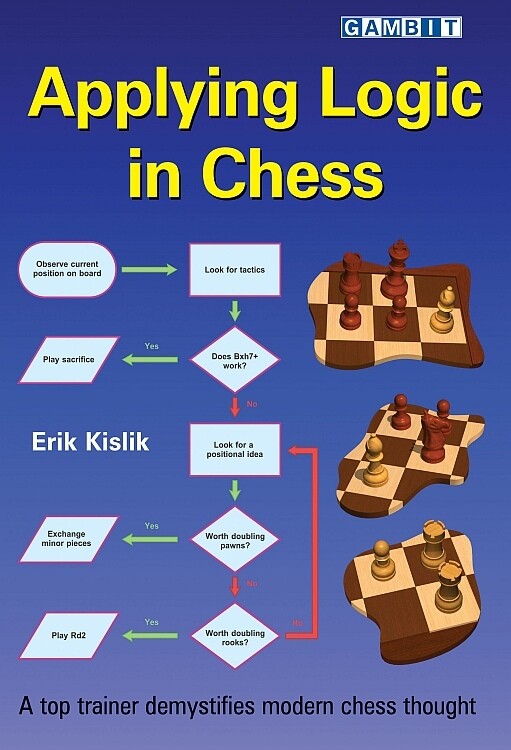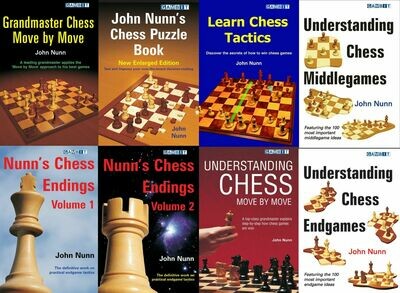

ChessBase India
It doesn't matter if you are a beginner or a grandmaster at chess. This store has something for every chess lover.
Applying logic in chess by by Erik Kislik
Applying logic in chess by by Erik Kislik
APPLYING LOGIC IN CHESS (Erik Kislik)
Download a pdf file with a sample from the book.
Is chess a logical game? What constitutes an advantage in chess? How can we set problems and create psychologically difficult situations for the opponent? These are big questions, and Erik Kislik tackles them and others head-on in this thought-provoking, thoroughly modern, and original work.
He answers the first of those questions with a resounding ‘yes!’. His assessments focus on concrete points: pawn-structure, material imbalance and compensation. Even though the analytical proofs may be complex, he repeatedly shows that these elements are the keys to evaluating positions and forming plans.
As the trainer of players ranging from high-level grandmasters to average club-players, Kislik is very strong on providing practical guidance on topics such as how best to use chess software, choosing hardware, getting psychologically ready for a game and preparing for specific opponents. He is always willing to boldly state his views, even when they run contrary to conventional chess wisdom.
“I was excited by this book because of the way all of the ideas are intertwined and you get very concrete advice ... Everything is applicable and it is easy to see how it applies to the real world.” – from the Foreword by GM Hjörvar Steinn Gretarsson.
Erik Kislik is an International Master originally from California who lives in Budapest. He is an expert in computer chess and one of the most in-demand chess trainers on ICC. He has coached many grandmasters and assisted a number of elite players with their opening preparation.
“Is Applying Logic in Chess a must? For motivated chess players (and their trainers): for sure! The book is packed with interesting training methods and the correct use of engines is discussed in detail. Also on the psychological side (which goals do I want to achieve with chess, how do I deal with defeats, etc) the necessary attention is given. You do not have to agree with Kislik everywhere, but it makes you think” – Mark Haast, SCHAAKSITE.NL
“Just about finished Applying Logic in Chess and really enjoying it and finding it valuable. As someone who still hopes to improve my game, I think a lot of what Kislik offers is particularly useful for adults and experienced amateurs. Great job” – Gordon Morrell, Auckland, New Zealand
“I find myself inspired by the underlying message that, contrary to conventional wisdom, adult students can and do improve when they work on their game seriously using good methods that are known to be effective. Entertaining, thoughtful, instructive and original” – Bill Forster, NEW ZEALAND CHESS MAGAZINE
“Filled to the brim with advice for improvement… hardly a page is turned without readers encountering something thought provoking” – John Hartman, CHESS LIFE
“A great addition to the literature about chess improvement, because the author writes in a clear and lengthy fashion to players looking to take an active approach to improve at chess. Kislik shares his experiences and methods on how to move from amateur to International master level. The book is well written and the reader can feel the connection with the author, to the point of understanding that, regardless of skill level, a player can improve if he/she allocates resources like time and effort to identify and eliminate shortcomings. A must read this summer for any player, coach or parent interested in how chess players become better at the game” – Miguel Ararat, FLORIDA CHESS
“A highly interesting training manual written by Erik Kislik, an International Master from San Mateo, California, and so far I am aware the only IM in the world who was a beginner as an adult (at age 18). Going through this book you will understand how Erik Kislik managed to become such a strong chess player. These 317 pages are highly instructive packed with topics which I have never seen before.
For example, you can learn a lot from your blitz games, although hardly anyone does, World elite blitz players have told Erik that they focus on concrete moves first in their fast games. This makes sense… seeing threats and specific ideas is very important with little time. For players who see things slowly, this is certainly something they can consider working on and applying. Gradually, one’s awareness of concrete relevant moves and tactical possibilities must improve with consistent work.
Having a very tightly worked out opening repertoire is also very useful for blitz. Like Max Euwe, Erik Kislik does not see much in memorizing grandmaster games. In opening play, it is much better to focus on understanding. Try to guess the moves and understand why they were played! The whole idea of memorizing openings is usually counterproductive at lower levels.
Erik Kislik also explains we mostly remember openings due to their logic and strategic ideas. This, and more, well packed in 14 highly instructive sections. A unique work!” – John Elburg.
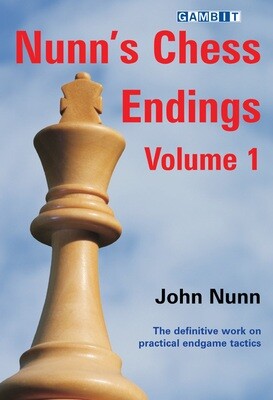
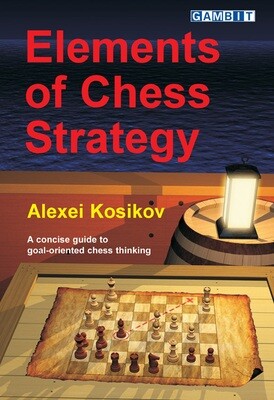
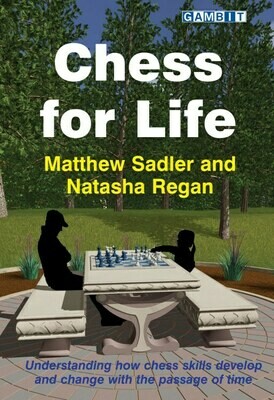
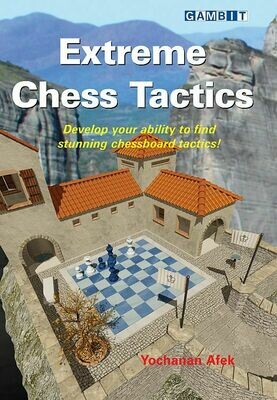
Be it Vishy Anand, Magnus Carlsen or the guy next door, every serious chess player uses ChessBase products. With ChessBase India we are bringing these high quality products for a highly subsidised rates for Indians, Sri Lankan, Bangladesh and Nepal residents.
